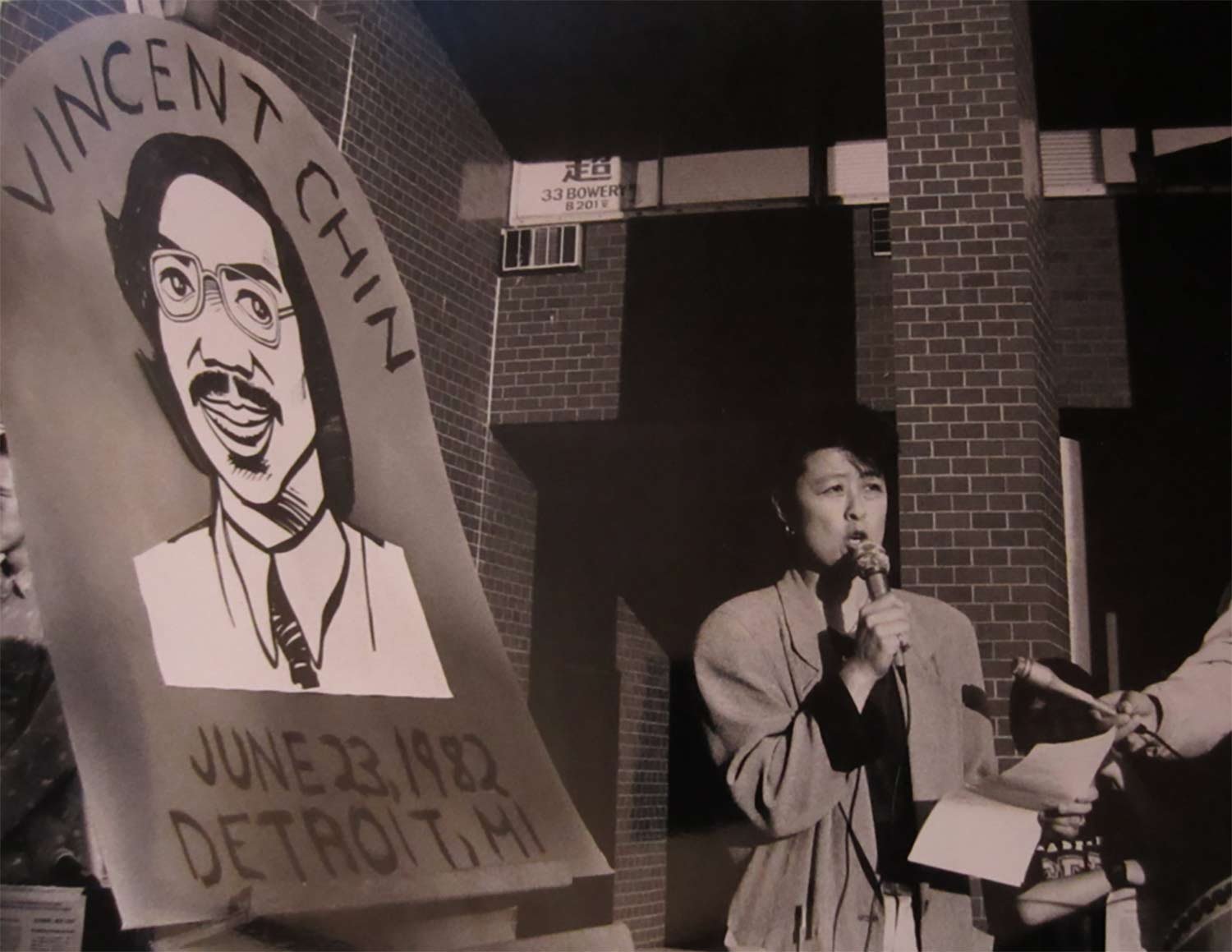Helen Zia
Last year, activists brought attention to the sharp rise in hate crimes against AAPI individuals, especially AAPI seniors. The issue was widely underreported by major news channels until their efforts. More than ever, news reporting that highlights POC experiences remains essential. This week’s #WomensHistoryMonth post visits the story of Chinese American journalist, writer, and activist, Helen Zia.
Helen Zia was born in 1952 in New Jersey to parents from China. Later, she was part of Princeton’s first graduating class that included women and spent her early career years as an activist in Boston. Eventually, Zia moved to Detroit, where she made the switch from autoworking to journalism. It was while she was in Detroit in 1982 when Vincent Chin, a Chinese American man, was murdered by two white men. Assuming Chin was Japanese, and blaming the Japanese auto industry for taking jobs from Americans, the white men targeted him. Despite the attack being witnessed by multiple people on the street, the two men never spent time in jail, were fined only $3,000, and served three years of probation. The white judge stated that they “weren’t the kind of men you send to jail.”
Helen Zia was instrumental in seeking justice for Chin and bringing awareness to his story by becoming an organizer and spokesperson for the Justice for Vincent Chin campaign. She is also a founder of American Citizens for Justice, an Asian American nonprofit that provides resources for victims of discrimination. In the aftermath of Chin’s death, Asian Americans across socioeconomic classes and geography united in a way that had not been seen before. Throughout the years, Zia kept in touch with the Chin family, was named the executor of the Chin estate by Vincent’s mother, Lily, and is set to help produce a limited series about Chin, continuing to ensure that his story is not forgotten.
Zia has also been dedicated to LGBTQ+ activism. She was a witness to Supreme Court case deciding marriage equality and has called for greater acknowledgement of the intersections between Asian American activism and queer activism.
📸: Corky Lee

